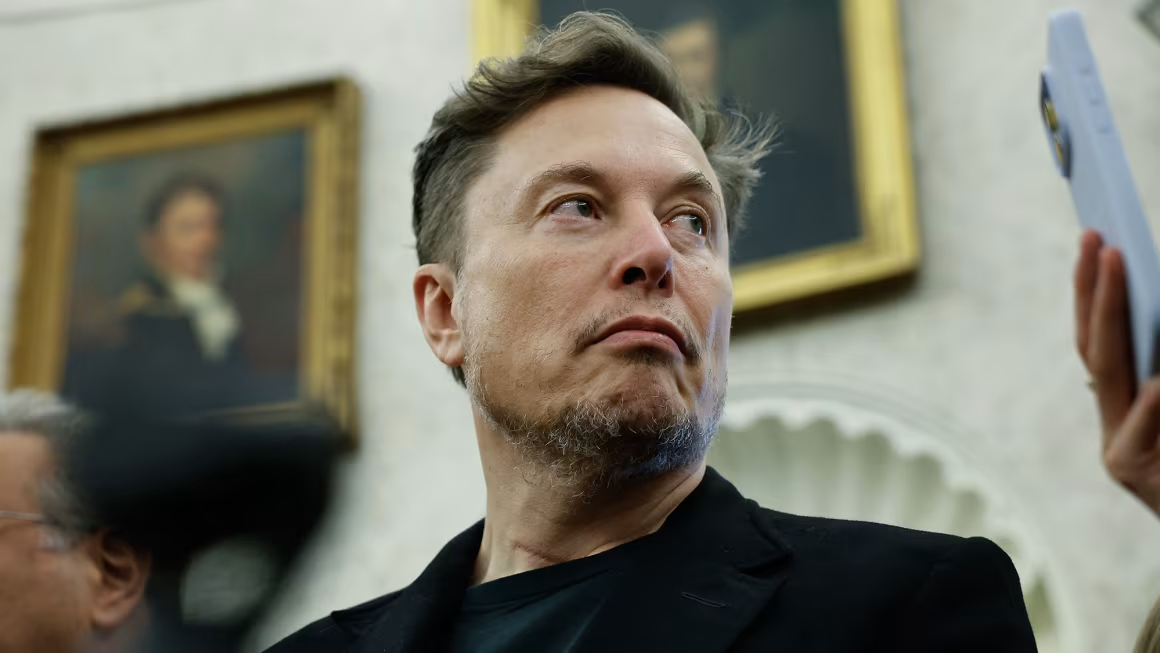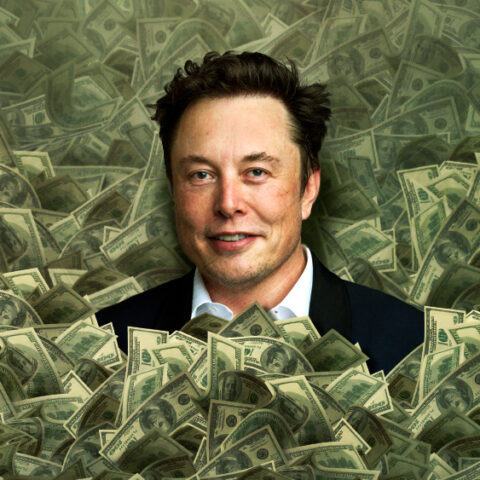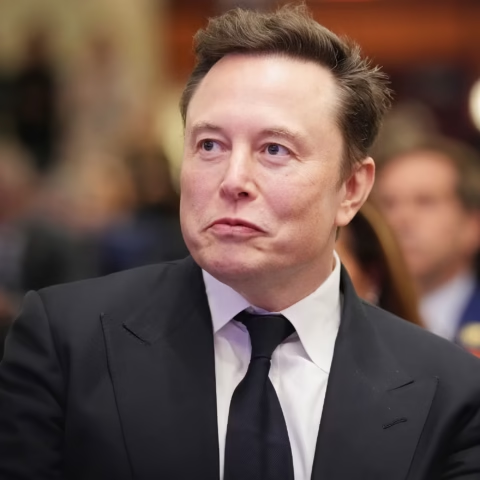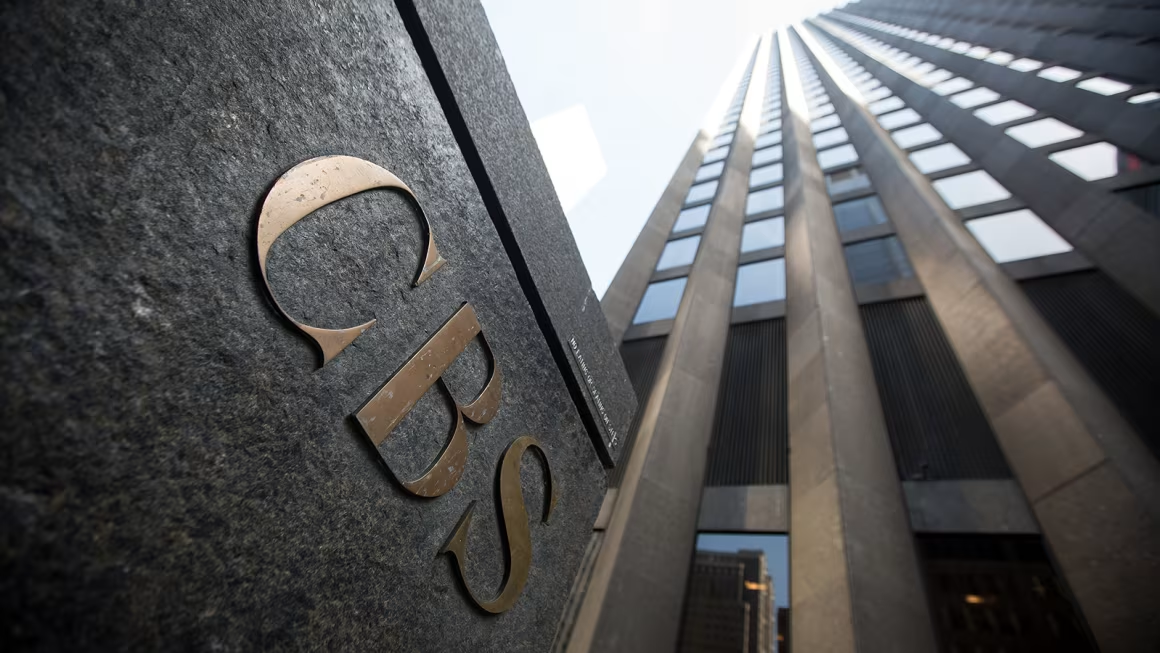As Elon Musk reignites his feud with Trump and veers back into Beltway drama, Tesla sales slump, profits shrink, and investors grow restless
Elon Musk’s plan to resuscitate Tesla appears to be veering wildly off course—more rocket explosion than successful relaunch.
The billionaire CEO, who recently stepped away from his controversial government advisory role to “focus” on his ailing electric vehicle empire, has instead reignited a political feud with former ally President Donald Trump, further rattling investors already unnerved by Tesla’s deepening woes.
Tesla is expected to report a double-digit drop in global sales for the April-June quarter, capping off a brutal stretch of slumping revenue, damaged brand reputation, and faltering product rollouts. Analysts forecast a 13% year-over-year dip in vehicle deliveries—down to 387,000 units from 444,000 last year—potentially marking a second consecutive quarter of historic underperformance.
Instead of calming markets and steering the company through its storm, Musk is again at the center of a political spectacle. This week, he lashed out at Trump’s deficit-heavy tax bill, calling it “insane” and threatening to challenge Republican lawmakers who support it. Trump swiftly returned fire, hinting that Musk’s businesses, including Tesla and SpaceX, might face scrutiny over government contracts.
A Self-Inflicted Wound
“Musk’s Trump bromance has now turned into a soap opera,” wrote Dan Ives, managing director at Wedbush Securities and longtime Tesla bull, in a note to clients. “It remains an overhang on Tesla’s stock… being on Trump’s bad side will not turn out well, and Musk knows this.”
The numbers paint a grim picture: Tesla’s net income plunged 71% in Q1. Sales are declining, the long-hyped Cybertruck is failing to deliver, and political crossfire is hurting the brand. A new Electric Vehicle Intelligence Report shows that both Republican and Democrat buyers are increasingly turning away from Tesla, citing Musk’s political affiliations and perceived partisanship.
Worse still, beneath the surface of Tesla’s earnings lies a troubling truth—Tesla is now losing money on its core business: selling electric vehicles. In Q1, the company posted a $409 million profit, but only because it sold $595 million in regulatory credits to other automakers. Should Trump’s spending bill pass, those credits could disappear, slashing a critical source of Tesla’s income.
Political Distractions vs. Corporate Focus
Musk’s reputation as an unpredictable political figure—once seen as an asset—is becoming a liability. Initially, Wall Street hoped his proximity to Trump could favorably influence federal EV policies. But with that relationship now in tatters and Tesla’s fundamentals deteriorating, confidence is slipping fast.
Tesla shares are down 37% from their post-election highs, and dropped another 7% over two days this week as Musk’s spat with Trump intensified. The stock is missing out on broader market gains, and signs of long-term trouble are mounting.
Meanwhile, Tesla’s competition is gaining ground. Waymo, Alphabet’s self-driving car subsidiary, continues to outpace Tesla in the race for autonomous dominance. Public protests have targeted Tesla showrooms, and political fallout from Musk’s time in the White House continues to linger.
Musk may be feeling the pressure. After Trump mocked his deregulation committee DOGE as a “monster” that could “go back and eat Elon,” Musk responded—barely holding back.
“So tempting to escalate this. So, so tempting,” he posted on X. “But I will refrain for now.”
Conclusion:
Elon Musk’s erratic foray into politics might have once seemed like savvy disruption. Now, it looks like self-sabotage. With Tesla’s sales declining, profits under threat, and investor patience wearing thin, Musk faces a defining choice: step away from the noise—or risk watching his empire erode while he tweets through the fire.




















